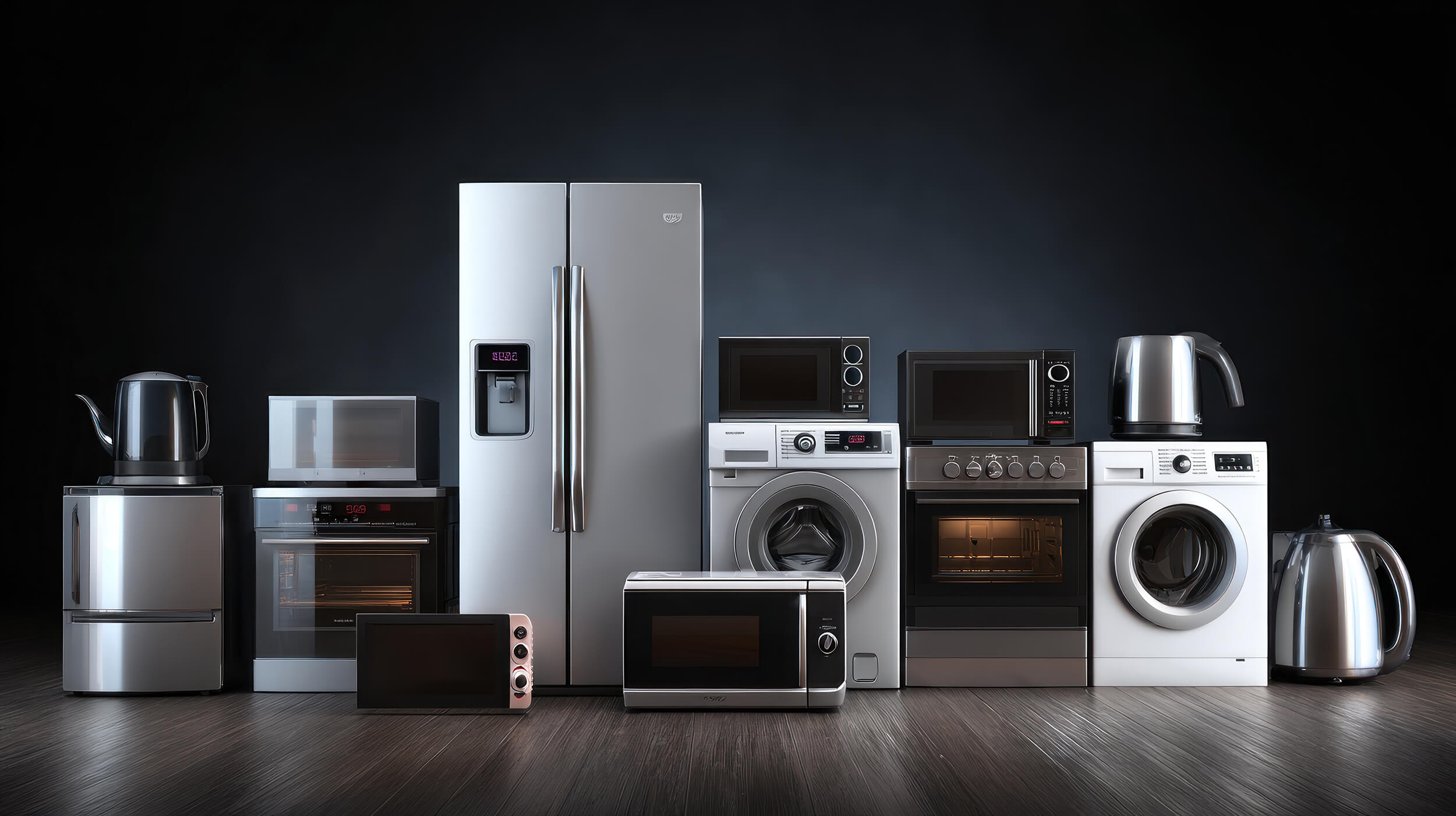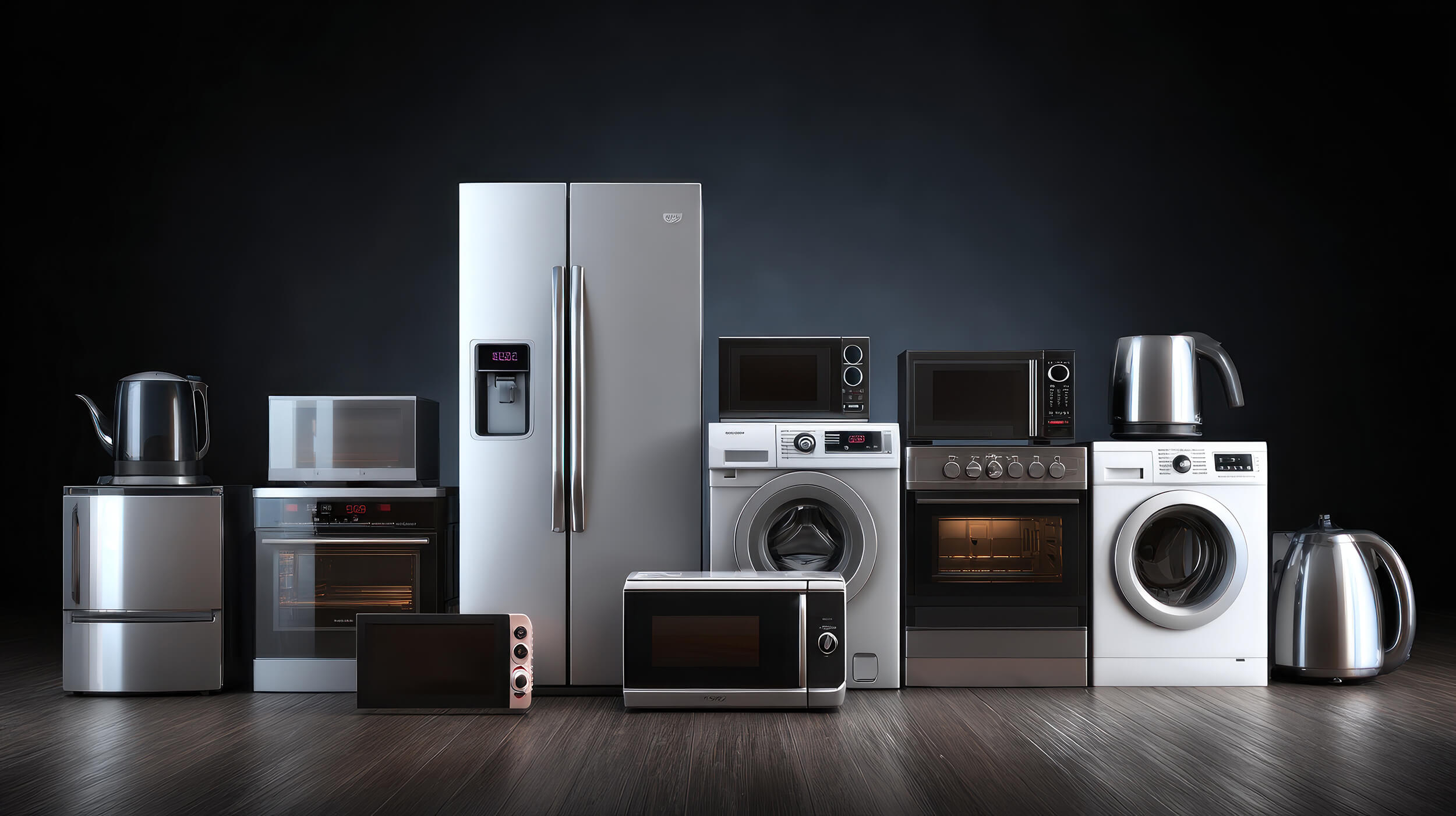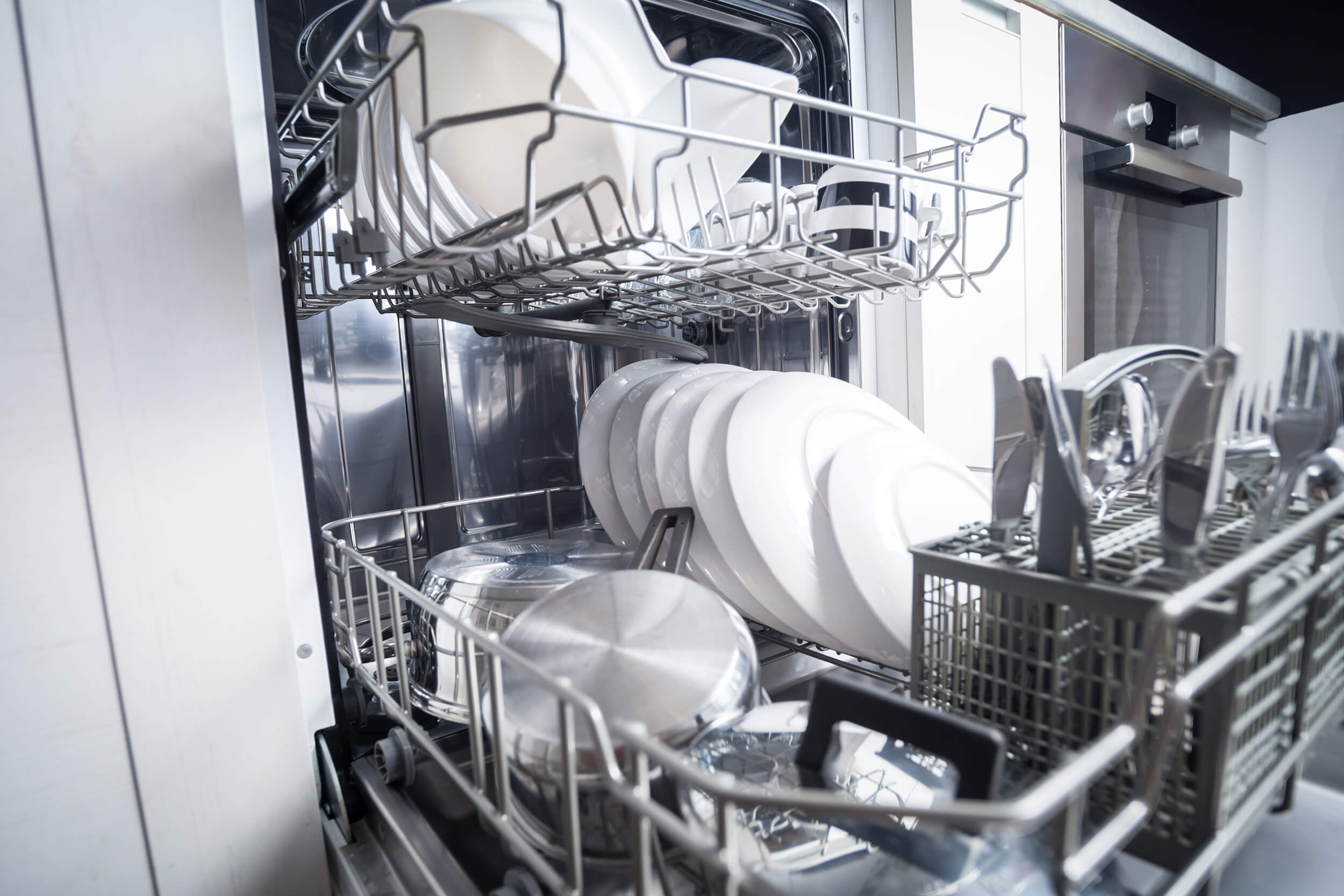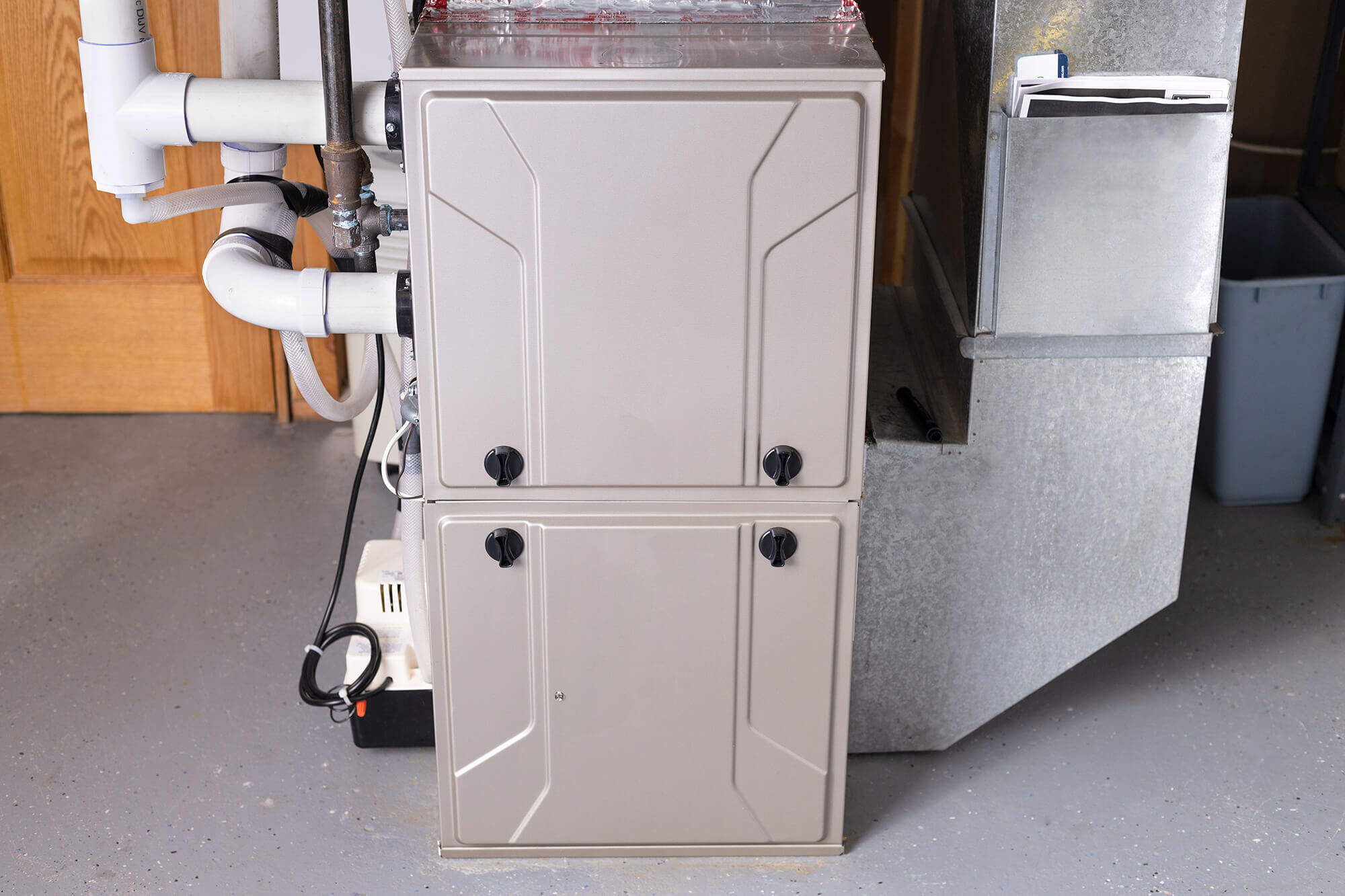
Washington, DC—Key product manufacturer, consumer, energy efficiency, and environmental stakeholders welcomed new federal efficiency standards for home water heaters today.
The proposed Department of Energy (DOE) standards—due seven years ago by law—would help tackle one of the largest drivers of home energy use and utility costs. The strengthened efficiency rules for each common type of residential water heater would reduce households’ overall costs and cut greenhouse gas emissions, with the most significant energy-saving improvement for electric tank models.
“Water heaters are the second-biggest energy users in most households, so making them more efficient has a big impact in reducing costs and greenhouse gas emissions,” said Steven Nadel, executive director of the American Council for an Energy-Efficient Economy. “This has been a long time coming, but it’s a strong proposal that will cut household bills, reduce strain on the electric grid, and help protect the climate. The Department should look to finalize it promptly next year.”
“Whatever type of water heater you have, it’s almost certainly one of the biggest drivers of your energy bills. This is going to cut those costs,” said Andrew deLaski, executive director of the Appliance Standards Awareness Project. “Not only are more-efficient technologies available, they’re proven and they pay off rapidly. These standards would ensure that we’re not installing new water heaters that still use old, inefficient technology.”
“Although long overdue, the efficiency standards proposed by DOE will deliver significant savings for consumers over the life of the water heater,” said Susan Weinstock, CEO of the Consumer Federation of America. “Many homeowners lack the time or information needed to select an efficient water heater, especially if they are doing an emergency replacement, but this standard would ensure all models are efficient. We urge the Department to move with all due speed to finalize these much-needed standards that do away with inefficient, energy-wasting water heaters so that consumers will pay less on their energy bills.”
“This proposed rule helps advance a technology that will reduce energy costs for households in all climates while also ensuring that consumer and market needs are met,” stated Becca Yates, executive director, Northwest Energy Efficiency Alliance. “It also recognizes the Northwest’s leadership in collaborating with utilities, manufacturers, and other industry partners to create a product specification that supports consumer preferences and benefits the energy system to enable a thriving Northwest.”
"This a huge victory for consumers and the climate," said Joe Vukovich, staff attorney at NRDC. "Updating overdue efficiency standards for water heaters will save consumers money on their energy bills and slash climate-warming carbon emissions."
“As a water heating industry leader for nearly 100 years, our goal at Rheem is to provide homeowners with energy-efficient solutions to save money, reduce utility bills and greenhouse gas emissions. Rheem has been part of a broad coalition to offer important recommendations to inform the development of the new proposed standards and ensure the water heating industry continues to innovate and provide consumers with a variety of energy-saving and sustainable water heating solutions,” said Greg Miller, senior vice president and general manager, Rheem U.S. Water Heating Division.
The proposed standards are generally similar to recommendations submitted to DOE last year by members of the diverse stakeholder coalition.
Residential water heater standards—last updated in 2010—set separate minimum efficiency levels for different classes of models, including electric tank water heaters, gas-fired tank water heaters, and gas-fired instantaneous (“tankless”) models. The proposed DOE standards would strengthen the separate efficiency levels for these types and several less common types. The single-largest impact would come from the strengthened standards for electric tank models; most such models would use less than half as much energy as most of today’s by using proven heat pump technology.
By law, the standards would take effect five years after DOE finalizes them.
###
Contact:
ACEEE & ASAP: Ben Somberg, 202-658-8129, bsomberg@aceee.org
CFA: Richard Eckman, 717-490-3477, reckman@consumerfed.org
NEEA: Carolyn VanWinkle, 503-688-5466, CVanWinkle@neea.org and Veronica Marzilli, 503-504-4119, VMarzilli@neea.org
NRDC: Emily Deanne, 860-318-6636, edeanne@nrdc.org
Rheem: Crystal Hunt, 470-416-9935, crystal.hunt@rheem.com
The American Council for an Energy-Efficient Economy (ACEEE), a nonprofit research organization, develops policies to reduce energy waste and combat climate change. Its independent analysis advances investments, programs, and behaviors that use energy more effectively and help build an equitable clean energy future.
The Appliance Standards Awareness Project (ASAP) advocates for appliance, equipment, and lighting standards that cut planet-warming emissions and other air pollution, save water, and reduce economic and environmental burdens for low- and moderate-income households. ASAP’s steering committee includes representatives from environmental and efficiency nonprofits, consumer groups, the utility sector, and state government.
The Consumer Federation of America is a national organization of more than 250 nonprofit consumer groups that was founded in 1968 to advance the consumer interest through research, advocacy, and education.
The Northwest Energy Efficiency Alliance (NEEA) is a non-profit organization working to effect market transformation through the acceleration and adoption of energy-efficient products, services and practices. NEEA is an alliance of more than 140 Northwest utilities and energy efficiency organizations working on behalf of more than 13 million energy consumers. For more information, visit neea.org.
NRDC (Natural Resources Defense Council) is an international nonprofit environmental organization with more than 3 million members and online activists. Established in 1970, NRDC uses science, policy, law, and people power to confront the climate crisis, protect public health, and safeguard nature.
Rheem: Founded in 1925, Rheem Manufacturing is a global leader committed to delivering innovations that save energy and support a more sustainable future. With products available in more than 80 countries, Rheem is America’s #1 water-heating brand and the only manufacturer in the world that produces heating, cooling, water heating, pool & spa heating and commercial refrigeration products. The company’s portfolio of premium brands include Rheem®, Intergas®, Friedrich, Raypak®, Ruud®, Eemax®, Richmond®, IBC™, Splendid®, Solahart® EverHot™ and MHG Group as well as Russell®, Witt®, ColdZone® and Kramer®, which are part of the Heat Transfer Products Group (HTPG®) division.




